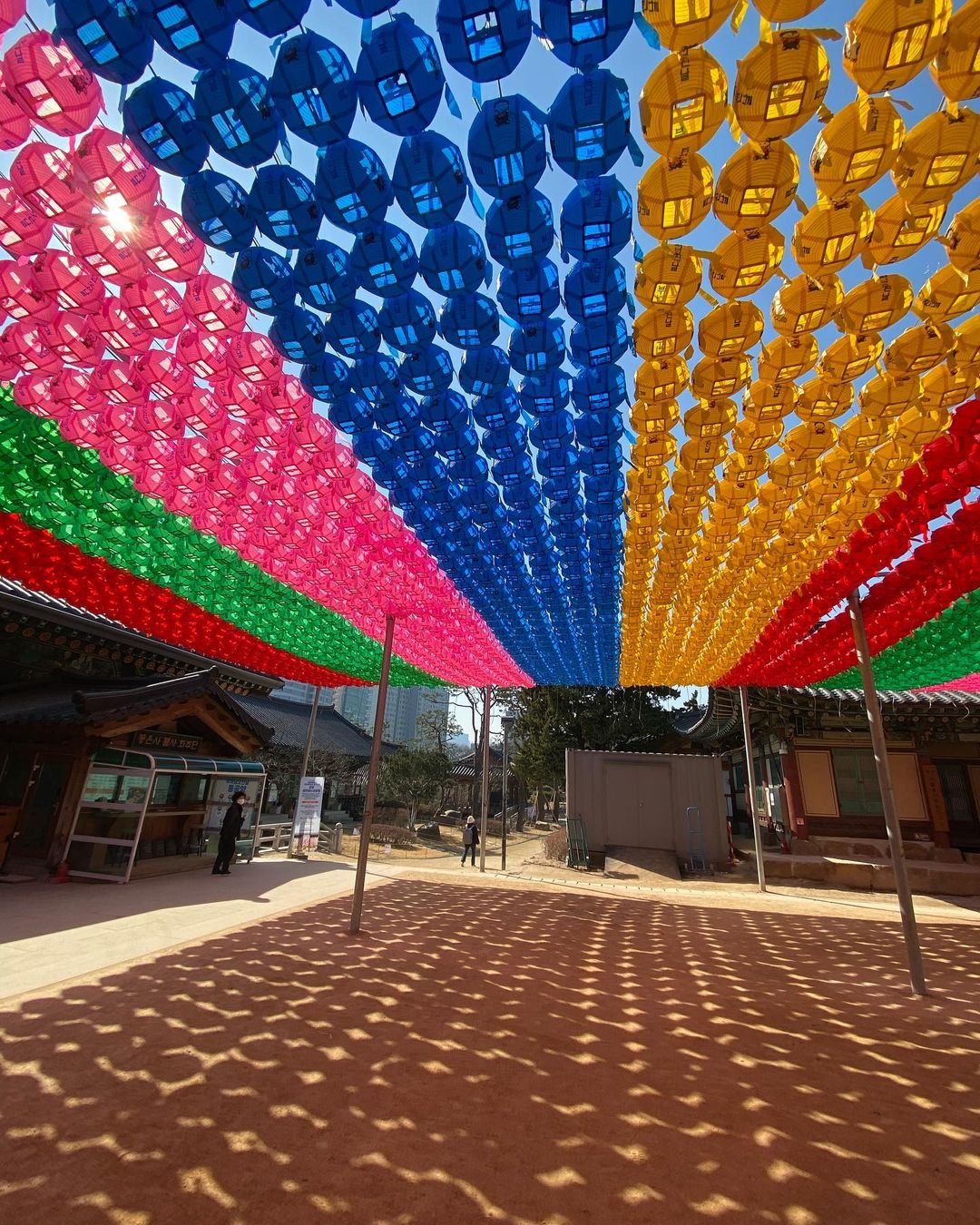Step 3: After accepting your place at JU
The process for applying to the partner university and get pre-approvals of your courses begins as well as other preparations.
After being nominated it's time for you to prepare for your exchange semester. This includes a formal application to your partner university, course selection, financing, visa, insurance, accommodation and other tasks that need to be done.
Apply to the Partner University
Nomination to Partner University
- International Office nominates you to the partner university.
- Deadlines for nomination vary for each partner university.
Application Information
- After nomination, partner university shares application info with nominated students.
- Prepare by checking MOA Portal Länk till annan webbplats, öppnas i nytt fönster. for partner university info: deadlines, application process, course info, etc.
Respect the Deadline
- Application process and deadline differ for each partner university.
- Follow your university's process and deadline.
Common Application Documents
- Transcript of records and grades (download from Ladok).
- Copy of passport (valid 6 months after exchange semester).
- Financial proof.
- Insurance certificate.
- Language certificate/test scores.
- Recommendation letter (from programme manager at JU).
- Course choices
Letter of Acceptance/Enrollment
- Receive letter of acceptance from partner university after formal application approval.
- Often required for visa application.
- Check your e-mail spam folder as these emails can sometimes end up there.
Course selection at the Partner University
Course Choice and Pre-Approval
Pre-Approval Requirement:
- Courses at partner university need pre-approval from JU.
- Ensures courses count towards your degree at JU.
- Start early; partner may have deadlines.
- MOA pre-approval by accreditor is a JU internal process, separate from partner university's course selection.
Accreditors
- Selected accreditors review courses at each JU school.
- MOA used for course review and pre-approvals.
Local Credits Requirement
Full-Time Study Load:
- Must study a certain number of local credits for full-time workload.
- Full-time studies at JU = 30 ECTS.
- Credit requirements may differ for bachelor and master levels
- Important for JIBS: It is the progression level decided by JIBS accreditors which decides what requirement to use. This means that even if you're a Master student your courses can be classifed on Bachelor level and then the requirement for Bachelor for full-time load applies.
- Information about local credits for your Partner University in MOA Portal Länk till annan webbplats, öppnas i nytt fönster. or your MOA workflow
Pre-Approval Process per School
Search for Course Syllabuses:
- Start in MOA Portal Länk till annan webbplats, öppnas i nytt fönster. for partner university info.
- Search for pages related to:
- International Relations/International Office
- Exchange student or Erasmus student sections
- University study programmes (under academic departments/faculties/schools/campuses).
- Course names may vary: “courses," "units," "modules."
Course Levels:
- Bachelor students: Search for “undergraduate/bachelor” level courses.
- Master students: Search for “graduate/postgraduate” level courses.
Semester Dates:
- Often found under “academic calendar” or “term dates.”
Accessing Syllabuses:
- Some partner universities may not have syllabuses online; may require requests via email.
International Student Pages:
- Ensure pages are for exchange students, not full programme students.
If You Can't Find Syllabi
- Contact partner university after being nominated.
- Contact International Office at JU.
Costs, financing and scholarships
You don't pay tuition fees to the partner university for studies through the exchange programme, but there are other costs you as a student need to pay.
Fees and Costs
Non-Tuition Expenses:
- Administration/application fees
- Housing rent and deposits
- Travel
- Insurance costs
- Student permit or visa
- Living expenses, meal plans
- Study materials
Responsibilities:
- Arrange travel, visa, accommodation, and medical insurance.
- Costs vary by country and university.
Tuition Fee at JU
- Continue paying tuition to JU during exchange semester(s).
CSN (Swedish Student Loan Agency)
CSN Grants:
- Swedish students can get grants while on exchange.
- Special application required.
- Apply for the entire year's study at once.
- Submit two applications if going abroad for one semester:
- One for the study abroad semester
- One for studies in Sweden
Ladok Admission:
- Students admitted to Exchange studies in Ladok.
- Check if you have been admitted for exchange studies before applying for CSN
- CSN can access Ladok, no need for CSN documents.
- More info on the CSN website Länk till annan webbplats, öppnas i nytt fönster..
Scholarships
Search and Apply:
- Look for scholarships for more information and tips.
- Find more information here
Erasmus+ Scholarship Öppnas i nytt fönster.:
- Available for studies within the EU.
Nordplus Scholarship:
- Opportunities for studies in Nordic countries (HHJ only).
Insurance
A valid insurance is crucial while on exchange and traveling abroad.
Health Insurance
Student OUT by Kammarkollegiet:
- Coverage for all JU students going abroad within the JU Exchange programme.
- Valid during the exchange semester in the partner university's country.
- Free of charge.
- Create the insurance certificate in MOA.
- Arrange private insurance for travel to other countries beyond the exchange semester.
- More info about Student Out, scope and claims Öppnas i nytt fönster.
European Health Insurance Card (EHIC):
- EU citizens should bring the EHIC card for medical care within the EU.
- Swedish students apply online at Försäkringskassan's website.
Liability Insurance
- Needed for internships/placements during the exchange semester.
- Limitations for internships in the US and Canada.
- More info about liability insurance.
Partner University Mandatory Insurance
- Some partner universities require purchasing their provided insurance.
- Cost paid by the student.
- Possible waiver with proof of Student OUT insurance.
Emergency Information
- Prepare for emergencies while on exchange.
- Link to emergency information page Öppnas i nytt fönster.
Visa and passport
Studying in an EU Country
European Citizens:
- No visa needed for EU/EES countries.
- Bring your passport/EU ID card.
Non-European Citizens:
- Check Embassy/Consulate website for visa/permit requirements.
- Contact Embassy/Consulate for detailed questions.
Studying in a Country Outside the EU
Visa/Permit Requirements:
- Check the relevant Embassy/Consulate website.
- Contact Embassy/Consulate for detailed questions.
- Apply for a visa/permit as soon as possible due to processing time.
- Necessary documents: acceptance letter, vaccination proof, proof of funding (CSN or bank), etc.
Passport
- Ensure passport is valid for the duration of stay abroad.
- Many countries require the passport to be valid for at least 6 months after return.
- Passport/international ID cards required for travel within the EU.
Accommodation and move
To apply for accommodation is usually one part of the application to the partner university
On Campus: Provided by partner university, applied through their instructions (most common).
Off Campus: Partner university provides information and tips.
Responsibility:
- Arrange housing and cover living costs (accommodation, food, etc.).
- Info available on partner university’s website or received from them.
Civil De-Registration
Moving Abroad for Studies (1+ Year):
- Notify the Swedish Tax Agency if registered in the Swedish population register.
- Applies to:
- Swedish and International students moving abroad for over a year.
- International students with Swedish Personal Identity Number (personnummer) returning home after studies in Sweden.
- Information and forms available on the Swedish Tax Office Länk till annan webbplats, öppnas i nytt fönster. website.
Preparation Sessions
Prepare for your exchange semester, watch the different sessions with useful information, tips and tools.
- Promote exchange studies at JU to students at the partner university.
- Learn more about information materials and mission details.
Less stressful and more joyful exchange Länk till annan webbplats, öppnas i nytt fönster.
- Tips for a well-balanced exchange semester.
Intercultural awareness Länk till annan webbplats, öppnas i nytt fönster.
- Avoid Mistakes and Offense
- Basics of intercultural communication.
- Tips to develop intercultural awareness skills.
- Career Center Tips and Tools:
- Enhance your CV with skills from your exchange semester.
ERASMUS + scholarship for students going to a European partner university Öppnas i nytt fönster.
Learn more about the steps to follow for the Erasmus scholarship.
Guidance - Have a Successful Exchange Semester pdf, 119.4 kB, öppnas i nytt fönster.
This guide helps you prepare for your exchange and aims to enhance your stay abroad.
Register Länk till annan webbplats, öppnas i nytt fönster. in the GOIN' app to connect with other students
Connect with other students both at JU and around the world already before your exchange and meet fellow students at your Partner Universtiy or local students.







